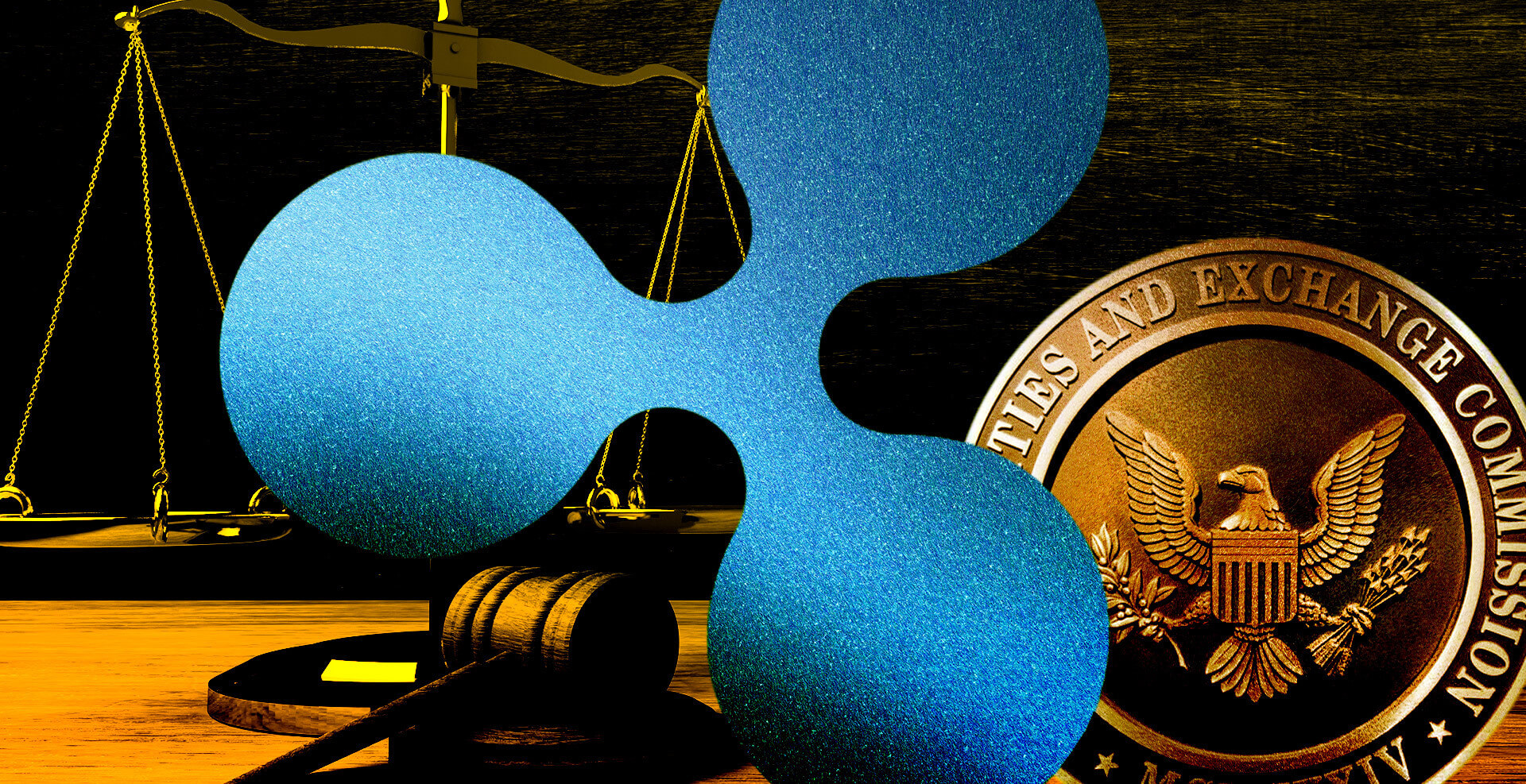A therapist at the Castle Craig clinic reported a sharp rise in “crypto trading addiction” cases.
Tony Marini heads the gambling, gaming, and cryptocurrency trading behavioral addiction therapy program at the Scotland-based clinic, where he has worked since 2013.
Marini told British TV broadcaster ITV that he had treated approximately 200 people for crypto addiction since 2016. But the number of patients seeking help increased steeply in recent years due to the health crisis.
The therapist said the health crisis compounded crypto addiction issues by increasing the time people spent online and promoting isolation, particularly among young men.
Investing turns to gambling
Featuring the account of an anonymous crypto addict, he spoke of the problem growing bigger as he was spending more cash buying digital coins. What began as investing soon turned into out-and-out gambling.
“As it was going on, it was having more of an effect because I was putting a lot more money into it. I was investing before but then after I was gambling.”
He continued by saying that day trading meant spending most of his free time watching price charts. This obsession led to extended periods on the phone, which caused him to unplug from real life.
“So I put money on, take it out – in, out, in, out, trying to make quick money. But I was constantly on my phone, constantly looking at it, just detached from everyday life.”
Crypto dreams
Sharing insight from almost six years of treating crypto addicts, Marni drew strong parallels between crypto trading and gambling, saying both lead “to exactly the same places.”
He added that the allure of making (easy)money and buying a fast car and a big house are also commonalities. However, when the inevitable losses pile up, depression kicks in, and the addict withdraws from his social network, becoming cut off.
“You know, they crossed that line into the addiction and they isolate away from everybody.”
Debt.org said addicts often compulsively bet once more in a bid to win back losses. This behavioral pattern is consistently responsible for triggering a downward spiral into debt.
A recent study found one in twenty-five “moderate-risk” gamblers sought help, with the ratio increasing to one in five for those with a “gambling problem,” suggesting cases of gambling addiction are under-reported.


















